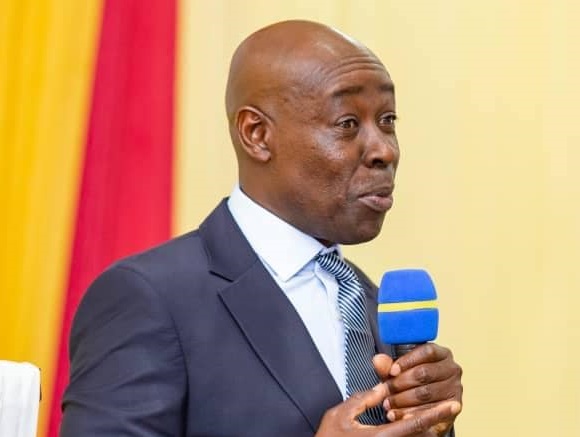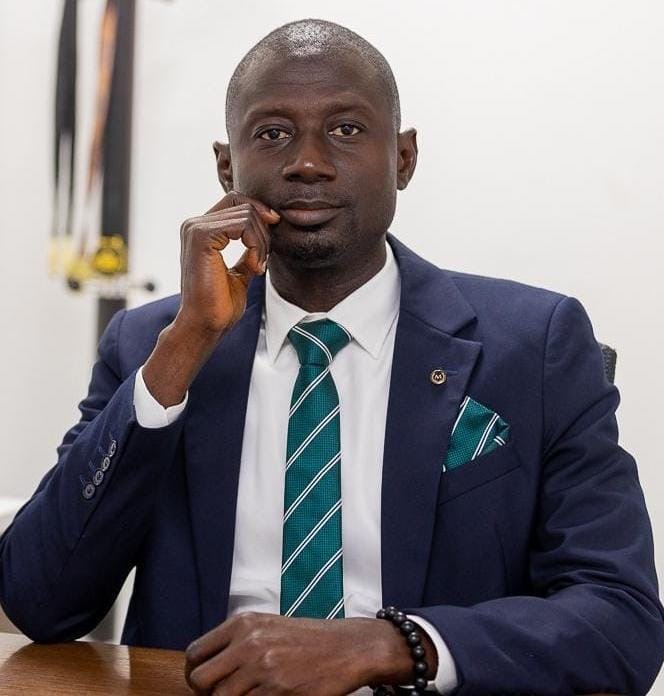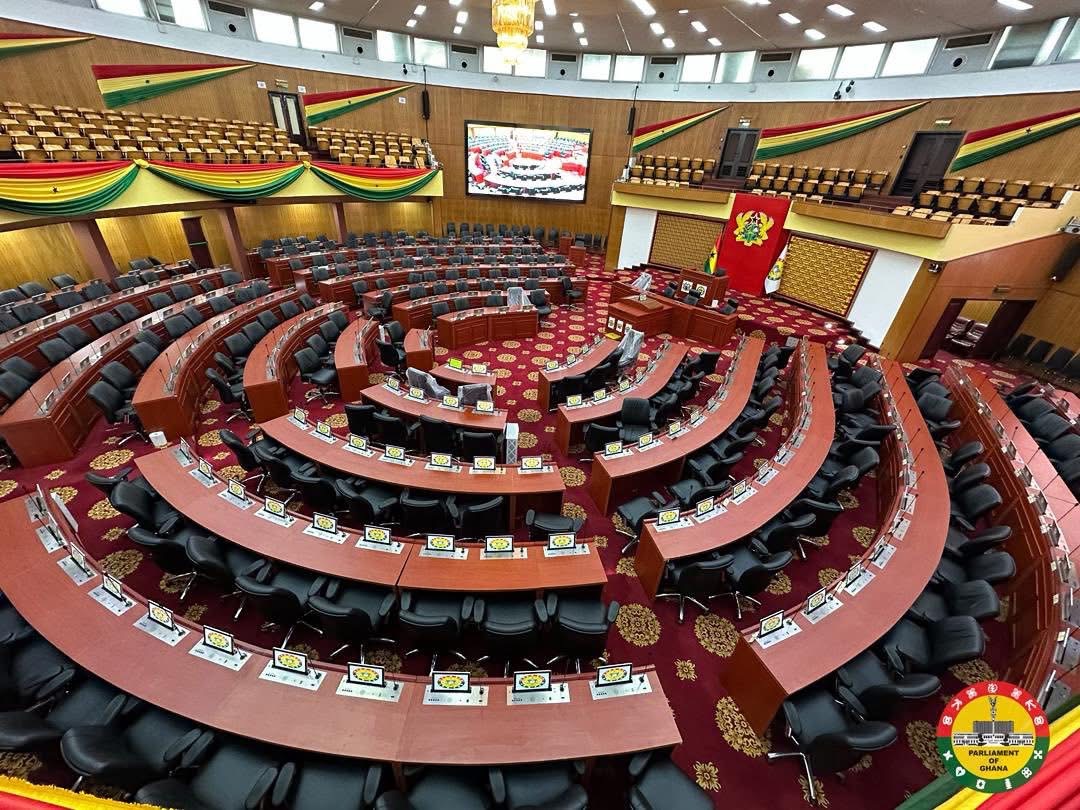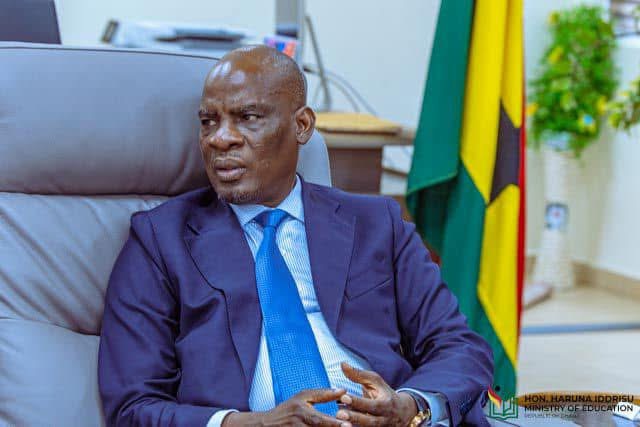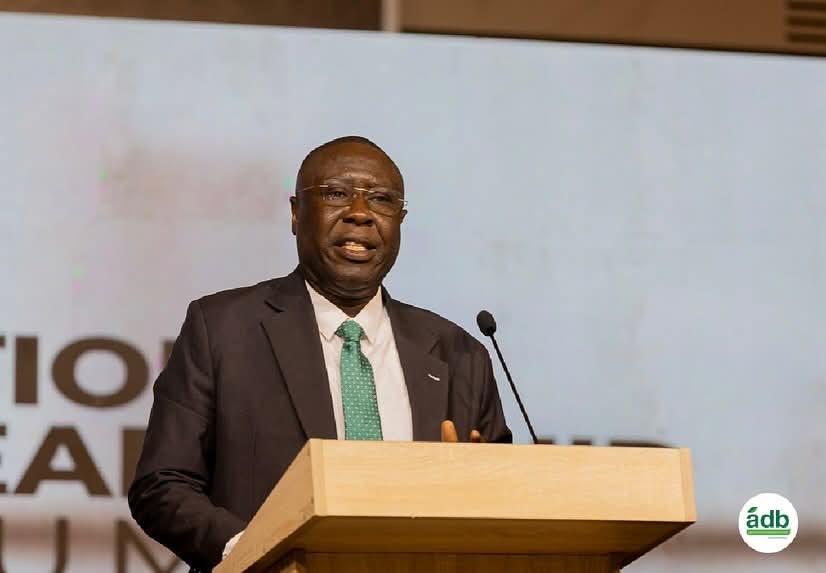The removal of Ghana’s Chief Justice, Gertrude Araba Esaaba Sackey Torkornoo, has triggered renewed debate about the limits of judicial independence and the place of accountability within the judiciary.
In a commentary titled “Judicial Independence or Judicial Impunity [Impudence],” legal practitioner Thaddeus Sory argues that while the Constitution clearly shields the judiciary from political interference, it does not protect judges, especially the Chief Justice, from scrutiny, misconduct, or incompetence.
Grounds for Removal
Citing Article 146(6)–(10) of the 1992 Constitution, Sory explained that the Chief Justice can be removed on three grounds:
1. Misbehaviour
2. Incompetence
3. Inability to perform duties
The petition filed by Dan Ofori cited misbehaviour and incompetence. Although “misbehaviour” is not defined in the Constitution, Sory noted that legal interpretation allows the use of dictionary definitions, constitutional conventions, and judicial precedent.
He referenced the Supreme Court case of Agyei Twum v. Attorney-General & Akwetey [2005-2006] SCGLR 682, where the Court held that a Chief Justice must not be seen to manipulate or interfere in the judicial system. Justice Prof. Ocran, in the same case, emphasised that constitutional provisions cannot be read as insulating the judiciary’s administrative head from arbitrary or capricious actions.
Allegations Raised
The petition against the Chief Justice included allegations of arbitrary conduct and financial irregularities, particularly in relation to travel expenditure. The petitioner argued that benefits extended to her spouse and family under Article 71 were unconstitutional.
According to Sory, such issues raise the fundamental question of whether a constitutional violation should be considered “big” or “small” misbehaviour. He recalled that in the Afenyo case, Justice Torkornoo herself had warned about the dangers of violating the Constitution in official decisions.
No Breach of Judicial Independence
Addressing concerns about executive interference, Sory pointed to the Agyei Twum decision, where the Court held that the President’s role in establishing a committee to investigate a Chief Justice does not amount to interference in the judiciary’s independence.
He also rejected arguments that the Chief Justice was not the “spending officer” of the judiciary, stressing that as the account holder, she bore responsibility for ensuring funds were lawfully managed.
Independence with Accountability
For Sory, the constitutional framework is clear: judicial independence is guaranteed, but not at the expense of accountability.
“It is completely fallacious,” he wrote, “to argue that a Chief Justice’s conduct in the administration of the judiciary can never amount to misbehaviour or incompetence within the meaning of Article 146(1).”
He concluded that while independence is essential, the judiciary cannot be placed above scrutiny. “There is a level of impudence that has seized some,” he cautioned, “let the Constitution whip them back in line.”
Source: Gh Extractives.


